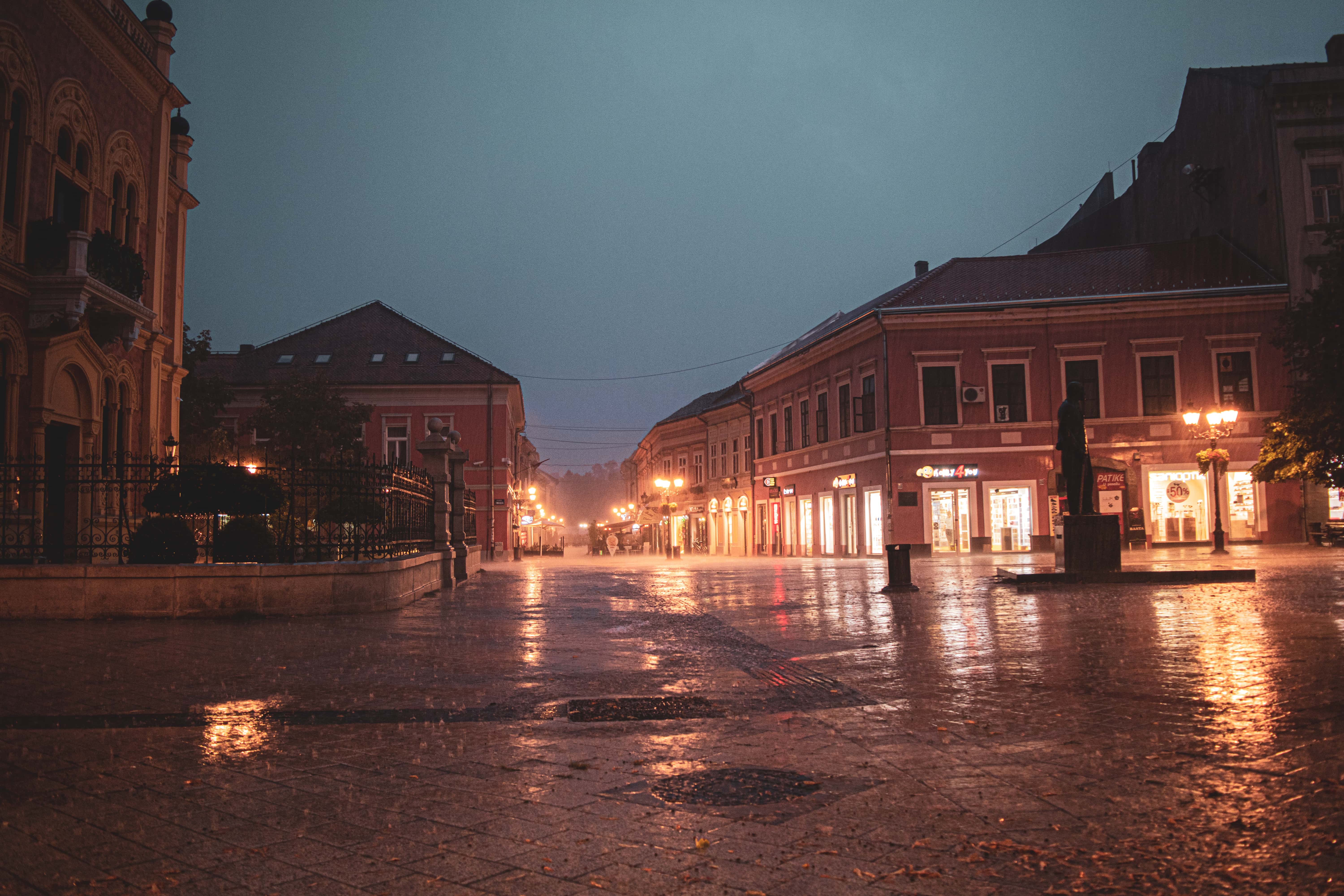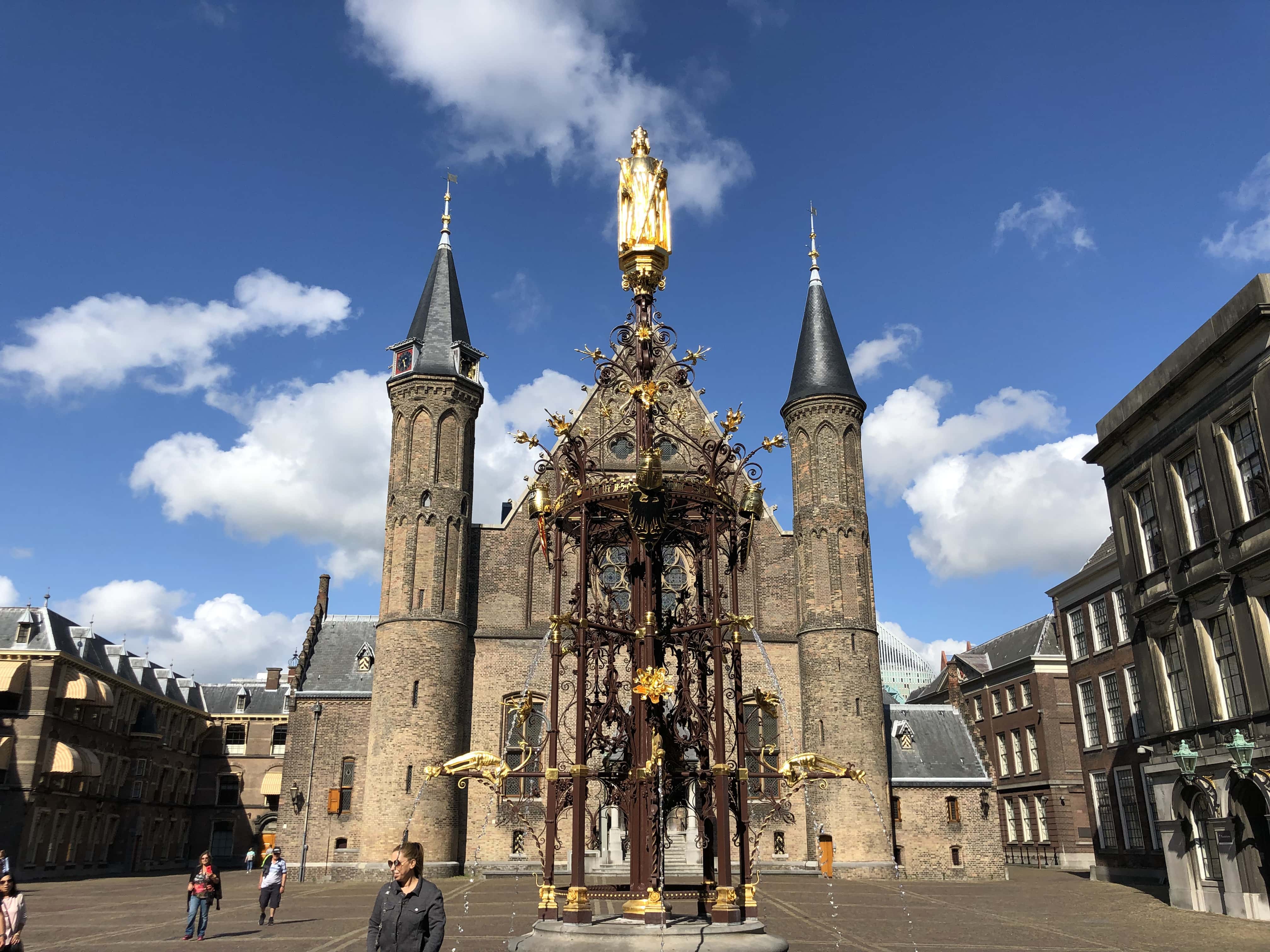Urban Nightlife
페이지 정보

본문

Urban Nightlife
When did nightlife begin?
Urban nightlife started to emerge considerably within the late 19th and early twentieth centuries, significantly in industrial cities present process fast growth. The growth of public transport and the rise of the working class created a demand for entertainment after dark.

One of the earliest examples of organized nightlife could be traced again to the speakeasies and jazz clubs during Prohibition within the 1920s within the United States. These venues not only provided unlawful alcohol but additionally turned cultural hubs for music and socializing.
Throughout the mid-20th century, cities like New York, London, and Paris grew to become well-known for his or her vibrant nightlife scenes, that includes bars, nightclubs, and live music venues. The evolution of music genres, such as rock 'n' roll within the Nineteen Fifties and disco within the 1970s, further influenced the nightlife culture.
Today, urban nightlife continues to evolve with developments in music, know-how, and social media, making cities a dynamic area for leisure and social interaction.
Why do most nightclubs fail?
Most nightclubs fail due to a mixture of factors that impression their sustainability and recognition. Here are some key causes:
Lack of Unique Identity
Many nightclubs do not distinguish themselves from the competitors. Without a singular theme, music type, or environment, they battle to attract a loyal buyer base.
Poor Location
A nightclub's success heavily relies on its location. Establishments in less accessible or undesirable areas often face challenges in attracting patrons, resulting in lower foot visitors and diminishing returns.
Inadequate Marketing
Failure to effectively market the nightclub may find yourself in low buyer consciousness. A robust promotional strategy is essential to construct hype and draw in crowds, particularly in a saturated market.
High Operational Costs
Managing a nightclub comes with vital expenses, including rent, staffing, and liquor prices. Many clubs mismanage their finances or underestimate these bills, resulting in crippling money owed.
Poor Management
Ineffective administration can cripple a nightclub's operations. From staffing points to poor 하이오피사이트 customer support, a scarcity of leadership can outcome in a unfavorable experience that drives patrons away.
Changing Trends
Nightclubs should adapt to changing preferences and trends in music, leisure, and social engagement. Failure to evolve can render them out of date as new entertainment choices emerge.
Regulatory Challenges
Nightclubs often face strict rules relating to hours of operation, noise levels, and security. Navigating these laws can be challenging, and failure to conform can lead to shutdowns or fines.
In abstract, the mixture of identity, management, marketing, and adaptation to change performs a crucial position in the longevity of nightclubs in urban nightlife.
What is the that means of metropolis club?
The time period "city club" typically refers to a private membership group positioned in an city area, typically featuring eating, social events, and numerous leisure actions. These clubs are designed to foster networking and socializing among professionals and neighborhood members.
In the context of city nightlife, metropolis golf equipment can play a big function:
- Social Interaction: City clubs provide an area for individuals to meet others in a relaxed setting, making it easier to forge new connections.
- Cultural Events: Many metropolis golf equipment host occasions such as art exhibits, stay music performances, and themed events that cater to numerous pursuits.
- Dining and Entertainment: They often function high-quality dining options and leisure, making them a popular destination for nightlife enthusiasts.
- Networking Opportunities: Professionals can use city clubs as a platform to fulfill potential business contacts and increase their networks.
In summary, city clubs improve urban nightlife by providing a mix of social, cultural, and professional alternatives in a vibrant setting.
- 이전글Unlocking the Ease of Financial Access with EzLoan: A 24/7 Safe Loan Platform 25.01.24
- 다음글Late goals earn Vietnam Asean Championship win over 10-man Thais 25.01.24
댓글목록
등록된 댓글이 없습니다.

